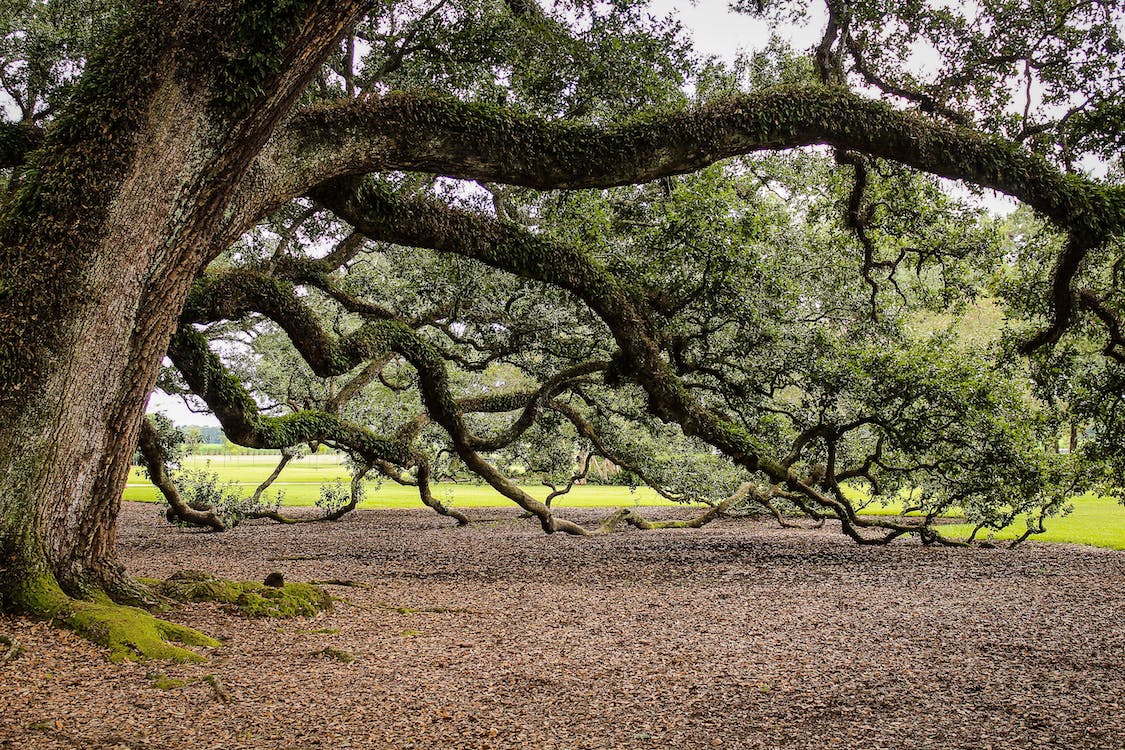Many people choose to mulch their shrubs and trees as they enjoy the visual appeal it offers to your garden. But they don’t know that mulching offers multiple benefits to their trees and shrubs. With mulch, the result can be a better growing environment for trees and their roots.
Native trees and shrubs provide many benefits: they reduce soil temperature, reduce soil moisture, reduce soil compaction, provide nutrients, and improve the soil structure. These benefits result in root growth and healthy plant growth. Let us explore all the benefits of mulch for your trees.
Reduce soil moisture loss
One-third of the water we consume in our home environment is used for landscaping, and half is wasted by evaporation. Mulch acts as a one-way entry barrier that allows the water to enter the soil but prevents it from escaping via evaporation. In this way, mulch also reduces the frequency of irrigation as you don’t need to rewater sooner due to water retention in the soil.
Eliminate or suppress weed growth
While we don’t think about it often, our yards are ecosystems filled with organisms that compete for natural resources like food and water. If you see the weeds growing near the roots of your tree, they can take away all the water and nutrients it needs for survival.
3 to 4 inches of a layer of mulch blocks the seeds of weeds from entering the soil. And blocking the light from the surface makes it difficult for seeds that get into the soil to germinate and grow. If the weed makes its way, it is easier to pull because the soil is loose and moist. This means that you can remove weeds with a few or no chemicals and herbicides.
Maintains soil temperature
In autumn and winter, the unprotected soil is cold, and in spring and summer, it is warm. Extremely cold temperatures can also kill the vulnerable roots of young trees. Without the roots firmly anchored in the ground, the tree could loosen and fall. Mulch stabilizes the temperature of soil with the seasonal changes enabling your trees to survive and flourish well.
Provides extra nutrients to the soil
Organic mulch decomposes naturally over time by releasing nutrients into the soil so the tree can grow. Mulch deliver valuable nutrients to the soil during decomposition. Earthworms are attracted to cold, rich soil. The soil, which is usually baked into a hard crust, remains loose and moist. Moreover, mulch provides essential nutrients like nitrogen, phosphorus, and potassium that helps maintain the alkalinity of the soil.
Enhance the appearance of gardens
For many homeowners, mulch is simply the style of choice. Mulch creates graceful landscaping lines that grass alone cannot provide. Some people like color to coordinate mulch with plants or the home. For example, someone with a brick house may want a dark red color to highlight the brick. Other people may like dark, rich mulch over compost that mimics the natural color of the soil and contrasts with bright green grass and live flowers.
Soil Erosion
If it rains frequently or there are frequent storms in a location, mulch will prevent mother nature from cleaning up the top layer of nutrient-rich soil from the roots of your tree. This ensures that the roots of the trees get the nutrients they need during the rainy season.
Mazzega’s Landscaping supplies a wide range of landscaping products for gardens in Australia. They deliver a variety of products like garden soils, mulches, soil conditioners, sands, decorative stones, and fertilizers. You don’t need to visit their physical store, as they have an online shop where you can order any landscaping product for your garden. The store claims to deliver the products within seven days. Visit their website to check their range of landscaping supplies.
Final Words
These are the benefits of mulch for trees. Mulch is beneficial for not only trees but for every plant or shrub that you have in your garden. It is especially important for plants and trees that grow in the regions with extreme temperatures and weather conditions. The benefits of mulch are many, but you need to choose the type of mulch suitable for your soil and plant requirements.

